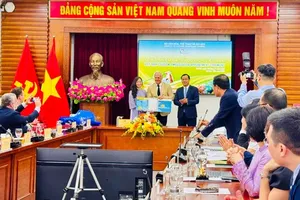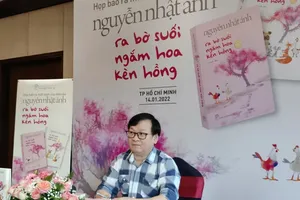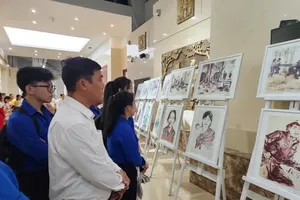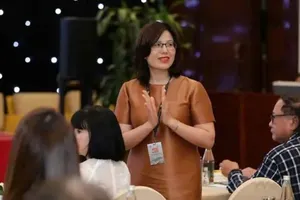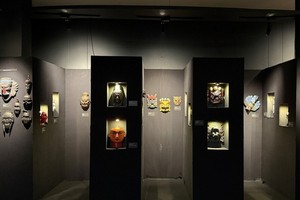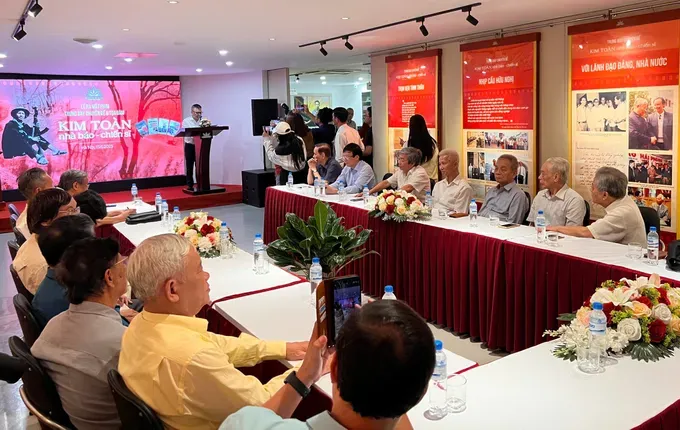
The movie portraying the life, career, and patriotic spirit of journalist Kim Toan, a prominent exemplar of the “journalist-soldier” generation, is produced by the Vietnam Press Museum to celebrate the 100th anniversary of Vietnam Revolutionary Press Day (June 21, 1925–2025).
Journalist Kim Toan, whose real name is Nguyen Kim Toan, was born in 1940 in Tan Trao commune, Hai Phong City. He was formerly a reporter and artist for Kien An Newspaper. In 1965, he voluntarily entered the southern battlefield and spent nearly a decade with Giai Phong (Liberation) Newspaper, the official publication of the National Front for the Liberation of South Vietnam. Writing under the pen name Cao Kim, he was a leading contributor and also actively fought within the propaganda armed forces of Saigon–Gia Dinh. He was once given a memorial service because he was believed to have died in the 1968 Spring Mau Than General Offensive and Uprising, but then he survived and returned, continuing to write until the great victory.
After the war, journalist Kim Toan continued to make significant contributions in various roles, including Editor-in-Chief of Hai Phong Newspaper, Chairman of the Hai Phong Journalists Association, and standing member of the Vietnam Journalists Association.
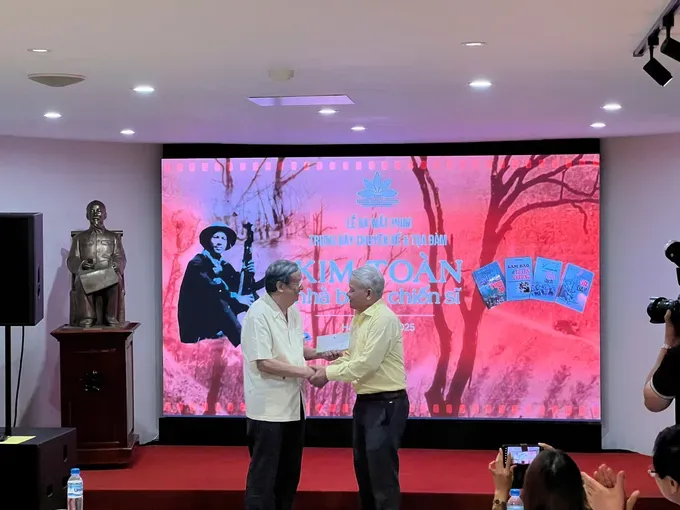
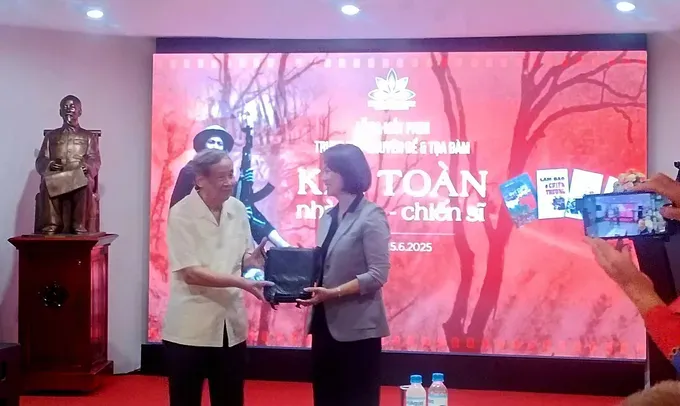
Speaking at the film’s premiere, Chairman of the Vietnam Journalists Association Le Quoc Minh, who is also a member of the Party Central Committee, Editor-in-Chief of Nhan Dan Newspaper, emphasized the screening of the documentary titled “Kim Toan – Journalist and Soldier” is a meaningful event, paying tribute to generations of journalists who contributed to writing the heroic chapters of Vietnam’s revolutionary press history. Reporter Kim Toan’s journalistic journey stands as an unspoken epic, not only of one man but of an entire generation of journalists who lived, wrote, and fought for the ideals of national independence and the renewal of the country.
The 30-minute documentary combines narrative storytelling with documentary images. It not only honors an individual but is also a vivid record of the history of revolutionary journalism and journalists who lived and wrote amidst the fire and smoke of war.
Veteran journalist Ho Quang Loi stated that it is a deeply emotional work that touches the hearts of viewers. The movie is not merely a tribute to one individual but a well-deserved recognition of the entire generation of journalists who lived, fought, and wrote for the ideals of national independence and freedom.
The film is a valuable archival work that will be preserved and displayed at the Vietnam Press Museum. The film contributes to promoting the image of journalists closely intertwined with the fate of the nation while inspiring and instilling determination in the current and future generations of media professionals.

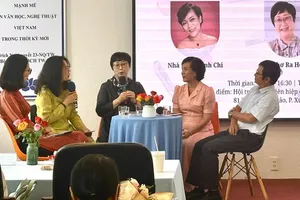

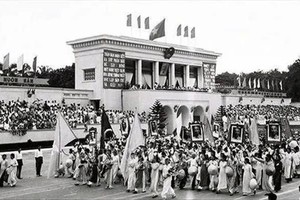
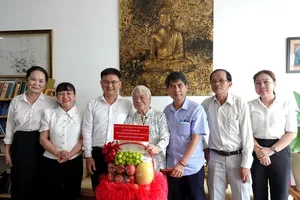
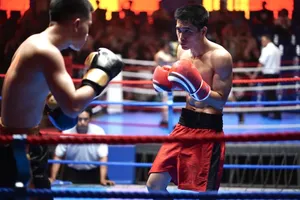

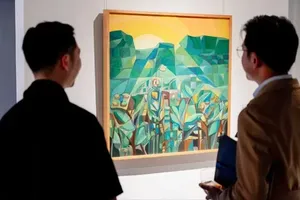

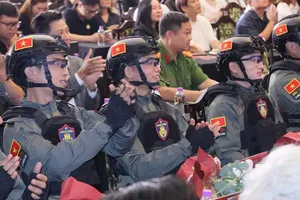

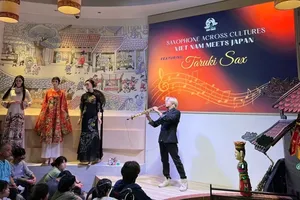
)
